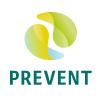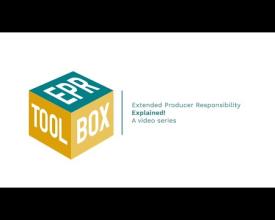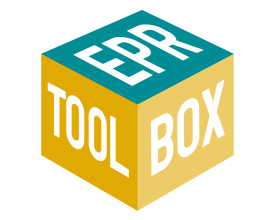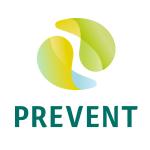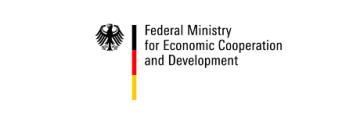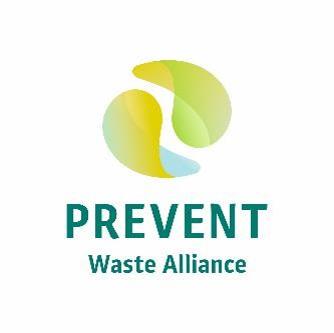
EPR Toolbox
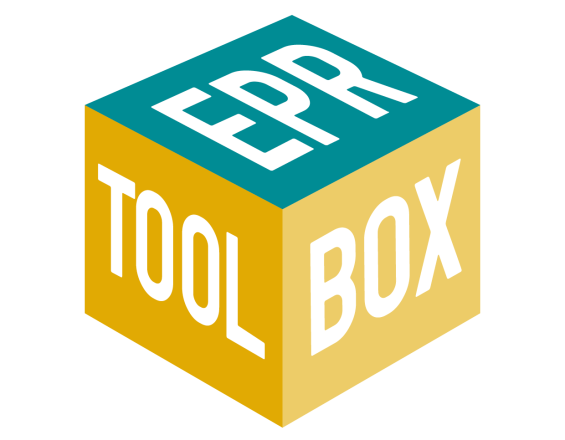
Extended Producer Responsibility (EPR) is a key concept for ‘closing the loop’ in the packaging value chain.
The EPR Toolbox, developed by the PREVENT Waste Alliance, is a collection of internationally relevant knowledge on the topic of EPR for packaging. Its aim is to promote knowledge exchange and enhance development of EPR systems worldwide. It contains detailed training materials on EPR and provides an introduction to a number of distinct issues, such as roles and responsibilities, finance, or collection and recycling of packaging waste.
Practical country examples and a set of FAQs offer a more in-depth understanding on the complex issue of EPR. The EPR Toolbox is therefore a collection of building blocks that can be adapted and applied to different contexts. It will be available in Vietnamese, Bahasa, Thai and Chinese.
Context
Challenges addressed
Location
Impacts
The global supply of goods has changed drastically over the last 50 years. The number of different products on the market is increasing and individual items are being produced on an ever-increasing scale. However, pollution caused by packaging disposed of incorrectly is an increasingly serious problem, and one that needs to be addressed urgently by designing products that are easier to recycle, and investing in collection and recycling systems.
Experience suggests that the principle of mandatory Extended Producer Responsibility (EPR) can have significant potential to achieve a range of policy objectives. These policy objectives encompass changes both upstream (e.g. design for recycling) and downstream (e.g. increased collection, higher overall rates of recycling and improved technologies for sorting and packaging recycling).
Since the concept of EPR first emerged, a number of ‘EPR systems’ have been developed in a wide range of countries. A 2013 study conducted by the OECD stated that over 400 different EPR systems were already in operation. The toolbox contains 5 in-depth country reports from Chile, Germany, Republic of Korea, South Africa and Tunisia presenting example of EPR systems. The different cases demonstrate the legal backgrounds and objectives as well as the historical contexts.
